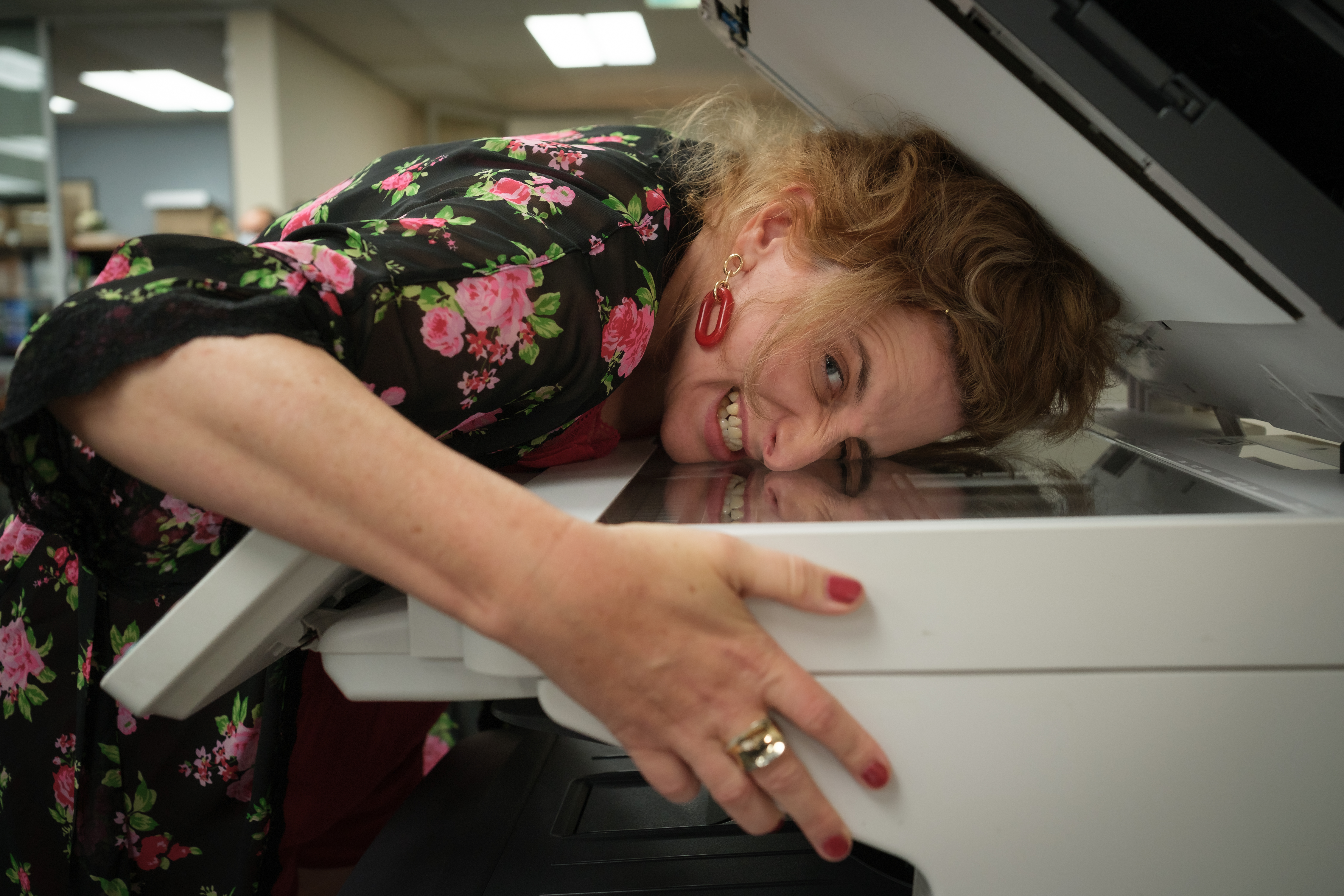
The Office Australia: A Lackluster Reboot Struggles to Stand Out
As we dive into the much-anticipated Australian remake of The Office , it’s hard not to feel a sense of déjà vu. This adaptation of the iconic mockumentary series, originally created by Ricky Gervais and Stephen Merchant, attempts to breathe new life into a well-trodden format, but instead, it comes across as an edgeless reboot that may be doomed to fade into obscurity.
The primary challenge for this new version was to inject originality into a show that has already been remade numerous times, notably with the successful U.S. adaptation that arguably surpassed the British original. The Australian creators, however, seem to have overlooked this critical aspect. Instead of innovating, they’ve delivered a series that feels as though it’s stuck in a time warp, reminiscent of a bygone era of sitcoms where humor feels stale and predictable.
Also Read:- Celebrating National Boss’s Day 2024: A Day to Honor Leadership and Appreciation
- Kyle Walker Stunned by Divorce Papers After Affair with Lauryn Goodman
The standout feature of this remake is the casting of comedian Felicity Ward as the female lead, Hannah Howard, who takes on the mantle of the David Brent/Michael Scott archetype. While Ward brings a commendable effort to the role, channeling the expected desperation and loneliness of a beleaguered office manager, the material simply doesn’t support her. The humor is painfully lackluster, with scenes that aim for wit but often miss the mark entirely. For example, in a staff meeting, Hannah excitedly remarks on the joy of seeing "a roomful of smiling faces," only for the camera to cut to her underwhelmed employees, eliciting more groans than laughs.
The dynamics between the characters mirror previous versions, with the familiar adversarial relationship between Nick, who fills the Tim/Jim role, and Lizzie, the gender-flipped Gareth/Dwight character. Their interactions, meant to evoke laughter, instead feel tedious and uninspired. An early scene highlights this struggle when Nick requests Lizzie to stop making noise on her computer, and her noncompliance leads to a petty confrontation over a toy from her desk. It raises the question: where’s the humor in this exchange?
As the series progresses through its eight episodes, we encounter plotlines that seem stuck in the past—pyjama days at the office, an employee napping in storage, and a broken coffee machine—all scenarios that feel more nostalgic than novel. The cast, despite their efforts, often appear dazed, like actors in a play that has long since lost its audience. I particularly felt for Edith Poor, who is tasked with embodying a character echoing Rainn Wilson's unforgettable Dwight Schrute. Poor’s performance invites constant comparisons to one of the funniest characters in modern television, which is a heavy burden for any actor.
Amidst this mediocrity, there were a couple of highlights. The Melbourne Cup Day-themed episode stood out as uniquely Australian, showcasing the cast in festive attire, celebrating the country’s culture. Similarly, episode seven features a guest appearance by Justin Rosniak as “Reptile Phil,” a quirky character who added a touch of humor. However, these moments are few and far between, leaving the overall impression that the series lacks a distinctive flavor. Despite several cast members being from New Zealand, the show is marketed as an Australian adaptation, which raises eyebrows regarding its authenticity.
So, The Office Australia may serve as a reminder of how much the franchise has evolved—or perhaps devolved. As viewers prepare for the series premiere on Prime Video, one can’t help but wonder if this reboot is merely a last gasp for a franchise that should have rested on its laurels. It begs the question: shouldn’t this reboot have been left in the archives of television history, along with other forgettable attempts to recapture past glories? Only time will tell if audiences will embrace this version or simply let it slip into obscurity.
Read More:

0 Comments